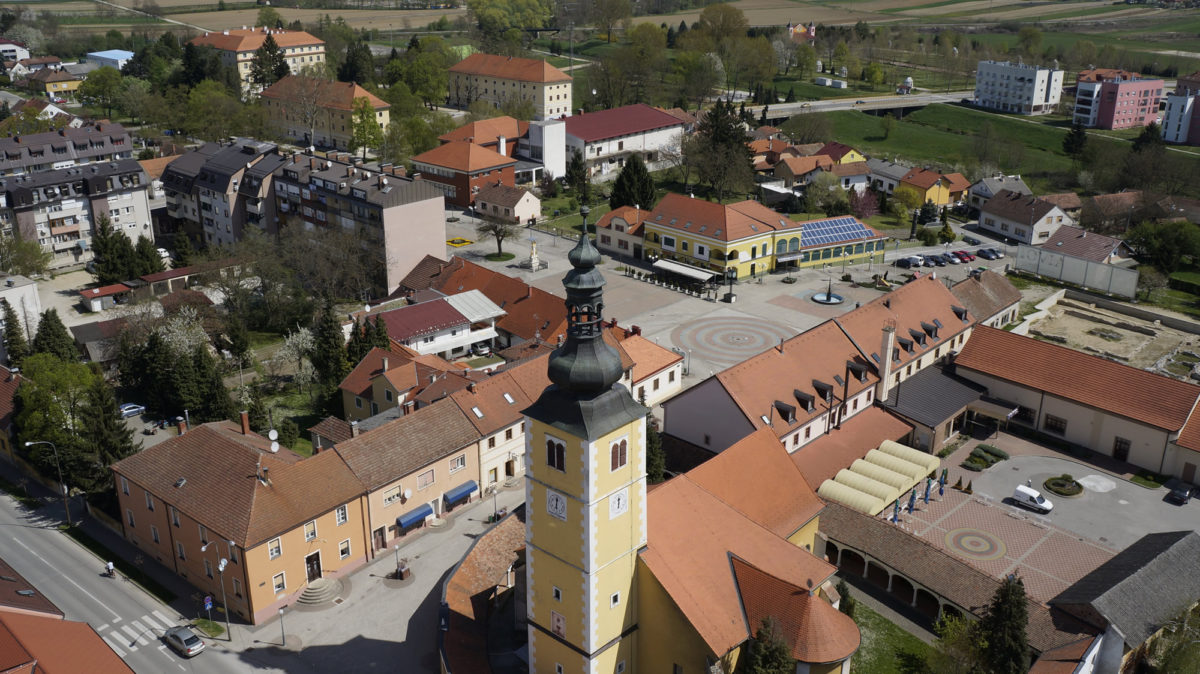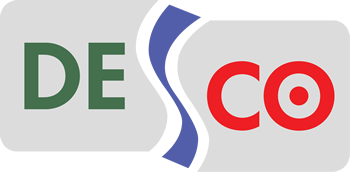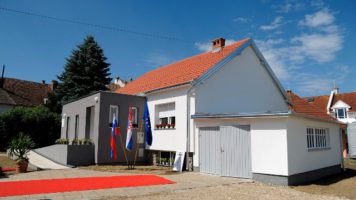Within the local government, Town Ludbreg, in 2013 the Department for Entrepreneurship, Tourism and Development projects was established, which in 2014 started to act as a “project office”. Project proposals have been prepared within the Department on the basis of open Public Grant Calls for Proposals. Based on the activities of the Department of Entrepreneurship, tourism and development projects from 2013 to 2018 over 65 different projects were implemented. Projects were prepared and implemented without the use of external assistance by consultants. Employees of the Department of Entrepreneurship, tourism and development projects independently prepare project documentation, draft project proposals, implement project activities, carry out reporting activities to the relevant and competent bodies and conduct internal evaluation of the implemented projects. The department employs five people (four master’s in economics, master in political science and an expert on EU funds and master in sociology).
An example of good practice we want to mention relates to the method of preparing project proposals, applications for open calls for project proposals and their implementation. The grant application process has been simplified within the city administration based on one item; those who were in charge of reviewing and tracking public calls, drafting project documentation and applications, were outside the internal hierarchy of the local self-government unit, ie they had a direct possibility of communication with the person in charge.
Thus, the application process for grants went through the following methodology. Daily overview of open Public Calls and Contests based on available channels such as the Structural Funds Web Site, official pages of all national ministries, official sites of supranational bodies, websites such as Zamah Foundation, Odraz and other sources of published announcements or tenders for all applicants such as local government, educational institutions, civil society representatives, associations, public institutions, pre-school institutions…).
After reviewing open calls for proposals, the employees started the primary elaboration of the reviewed tenders, which consisted of main items of the Public Call, suggestions of potential ideas on how to solve the identified problems and list of potential activities. They have also prepared a short description of the future project. After elaboration, daily or weekly meetings with a responsible person were provided, all for the purpose of agreeing which idea will be applied. After the decision on which proposal to apply, the responsible employee started a detailed overview of the Public Call, available project documentation, Instructions for Applicants, Summaries of Calls, Application Forms, Attachments and General Documentation. The next step was to complete the project documentation. The beginning of the filling out needed project documentation was based on the initial analysis of the subject of the project proposal, analysis of content, ie the analysis of strategic documents and legal acts related to the project proposal at the local level at the level of the Republic of Croatia and at EU level. The next step was to identify general issues, central problems and stakeholders needed for the project proposal (individuals, organizations, institutions, social groups) and contact potential partners. Next step was determination of goals, activities and results, creation of a logical matrix, design of a financial structure, planning future spending and the definition of sustainability methods of the project after its implementation.
In the period 2013-2018, Ludbreg realized projects of different themes and absorbed national and supra-national grants. The projects mainly concerned solving local problems in the field of communal infrastructure, energy efficiency, agriculture, planning and improvement of road infrastructure, tourism, environmental protection, social infrastructure, raising the quality of life of socially vulnerable groups and people at risk of poverty, heritage and improvement of touris offer, construction of tourism infrastructure, entrepreneurship, improvement of education infrastructure… Most of the local problems have been solved by applying for grants, thereby improving the quality of life of the local population.
An example of good practice – Preparation of project proposals and application for Grant absorption – City of Ludbreg


